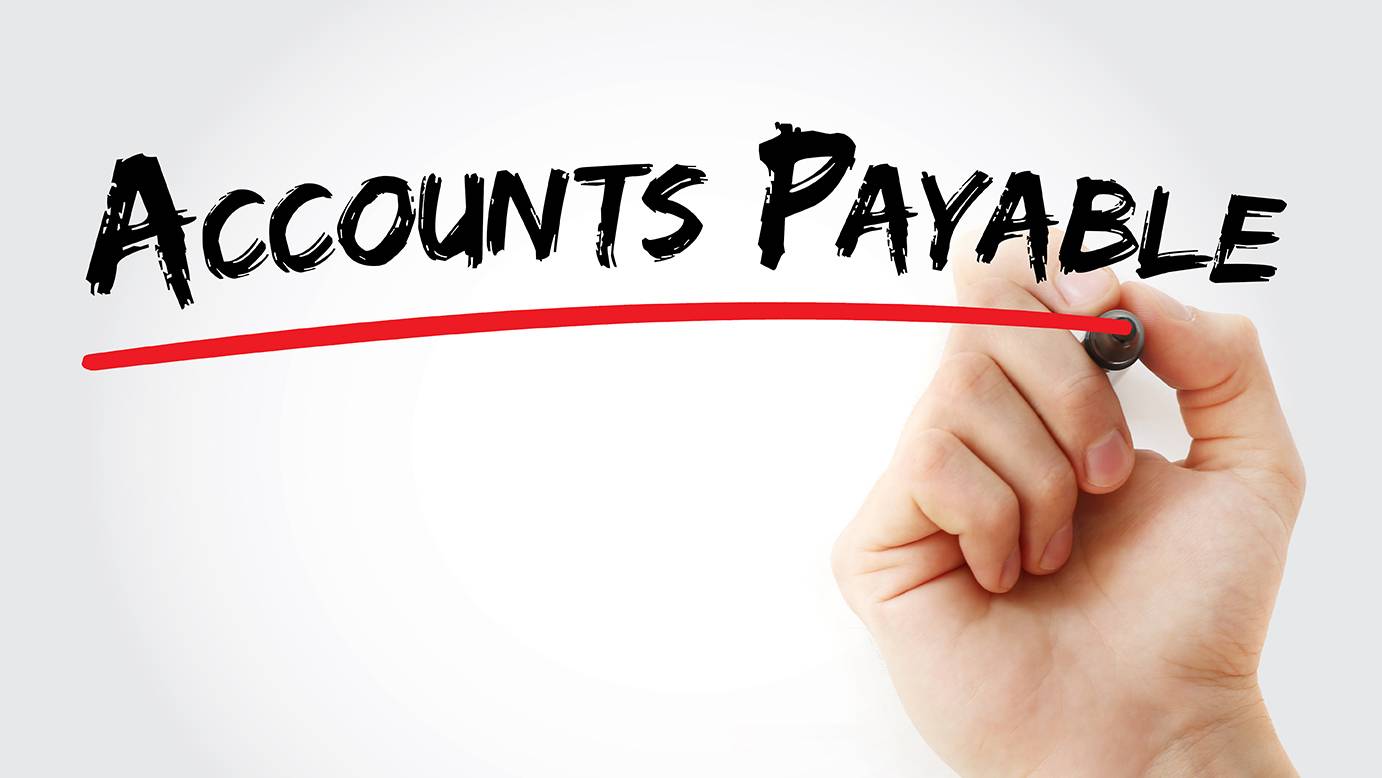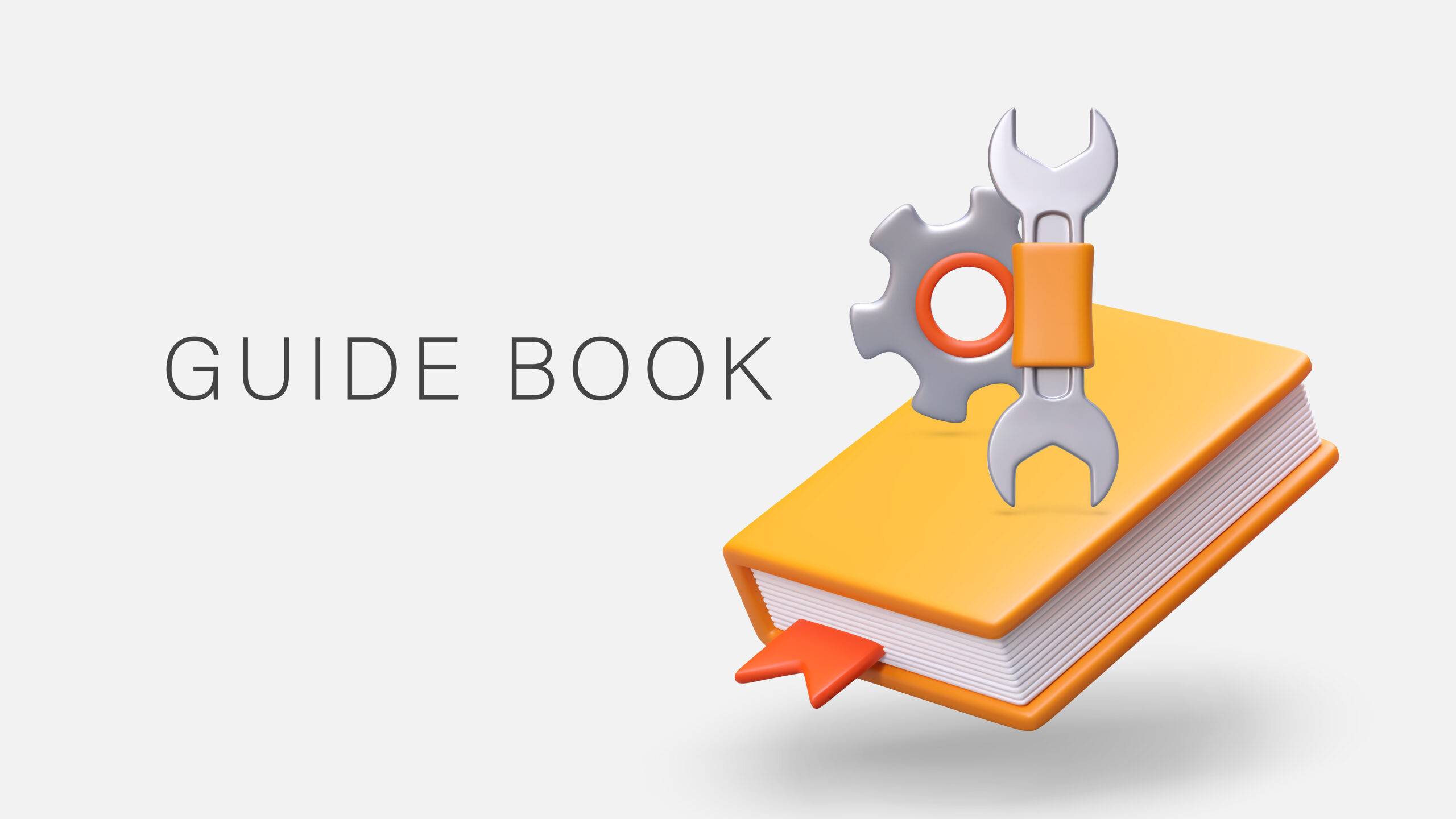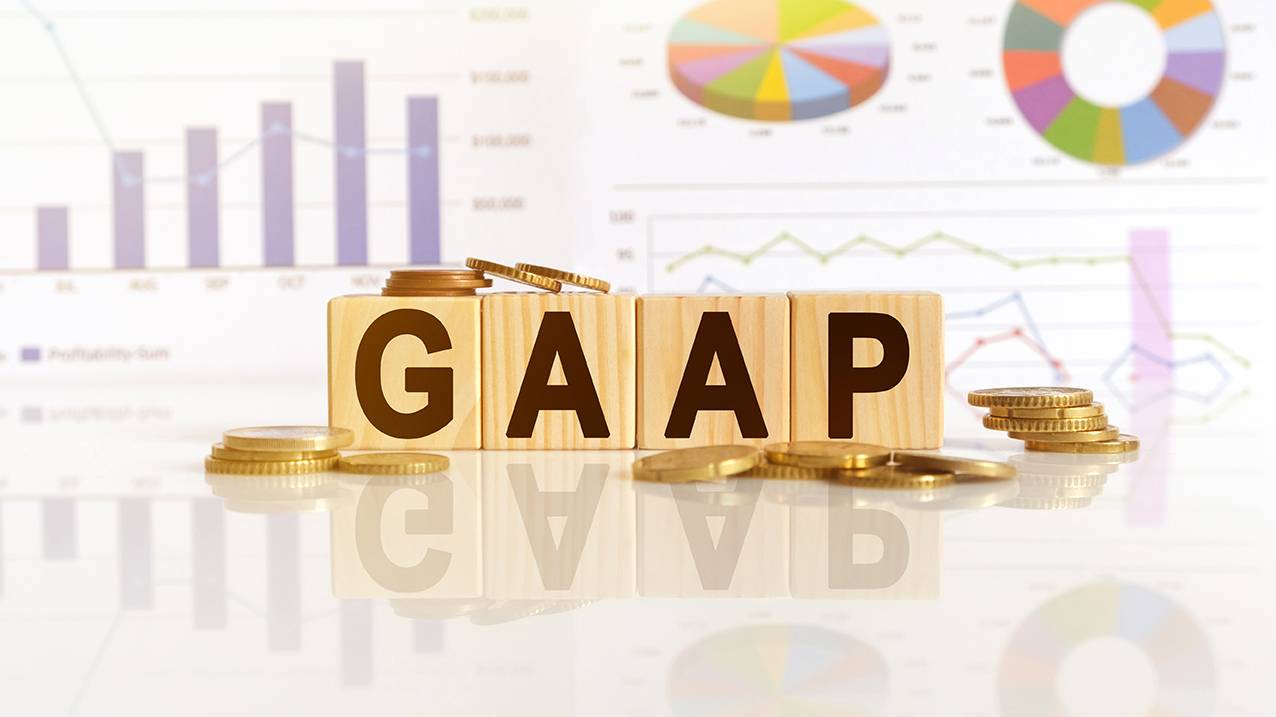Self-Study
Best Practices for Accounts Payable
Streamline AP operations with strategies for vendor management and payment controls.

$351.00 – $391.00
Webcasts are available for viewing Monday – Saturday, 8am – 8pm ET.
Without FlexCast, you must start with enough time to finish. (1 Hr/Credit)
Please fill out the form below and we will reach out as soon as possible.
CPE Credits
13 Credits: Accounting
Course Level
Overview
Format
Self-Study
Course Description
Best Practices for Accounts Payable is an essential tool for professionals aiming to refine their organization’s financial operations. Led by Mary S. Schaeffer, a recognized expert in the field, this account payable accounting CPE course provides insights into establishing effective accounts payable policies and procedures. It covers the importance of master vendor file practices, the critical role of segregation of duties, and techniques for effective invoice and payment management, including electronic payments and p-card programs. Participants in the best practices for accounts payable CPE will learn strategies to prevent duplicate payments, handle discrepant invoices, and manage the complexities of travel and entertainment policies. This accounting CPE course is invaluable for those seeking to streamline their accounts payable process, enhance regulatory compliance, and improve overall financial efficiency in their organization.
Please note that the information covered in this course is also covered in Creating an Accounts Payable Policy and Procedures Manual, Internal Controls in Accounts Payable, and Vendor Issues in Accounts Payable.
Learning Objectives
Upon successful completion of this course, participants will be able to:
- Identify how to implement a best practice policy;
- Cite how you can utilize a policy and procedures manual effectively;
- Identify the importance of establishing strong master vendor file practices;
- Cite why the segregation of duties is important;
- Identify master vendor file cleanup practices;
- Identify effective invoice receipt practices;
- List effective data entry rules for invoice processors;
- Cite best practice invoice handling routines;
- Define effective practices for short-paying invoices, handling unidentified invoices, and managing discrepant invoices;
- Identify effective processes for printing and signing checks and storing check stock;
- Cite the benefits of paying electronically;
- Identify benefits and controls associated with a strong p-card program;
- Cite best practices for payments made outside accounts payable;
- Identify ways to pay small dollar invoices without issuing a check;
- Identify the importance of creating and maintaining a policy and procedures manual;
- List strategies to eliminate duplicate payments when original invoices are missing;
- Identify lost funds through an effective supplier statement review policy;
- Identify routines that help avoid making duplicate payments;
- Identify the importance of creating an effective policy for requiring backup for rush payments;
- Identify the importance of segregation of duties;
- List issues that need to be addressed when an employee leaves the organization;
- Cite the importance of a mandatory vacation policy as well as a job rotation policy;
- Understand the importance of using positive pay;
- Implement strong controls around pre-printed check stock;
- Integrate check fraud prevention practices into the accounts payable process;
- Cite the importance of a strong travel and entertainment policy;
- List reasons why cash advances are difficult for the accounts payable function;
- Identify an efficient and effective policy for reimbursing employee for travel expenses;
- Identify that is required for information reporting to the IRS;
- Cite how to integrate IRS TIN Matching into the new vendor setup function;
- Identify a policy that will enable the organization to report and remit unclaimed property;
- Identify a policy that includes accruing and reporting use tax for all the organization’s sales tax obligations;
- Identify how to incorporate regular OFAC checking into the payment process to ensure payments are not made to terrorists;
- Identify potential situations where a payment may actually be a bribe to a foreign official in conflict with FCPA regulations;
- Identify a process to effectively deal with invoices;
- Identify a policy to address issues related to the use mobile devices in accounts payable;
- Identify methodologies for communicating relevant payment information to vendors before problems arise;
- Identify how payment timing can help or hurt an organization; and
- Cite strategies for sharing critical payment status information with vendors.
Course Specifics
1203518
October 24, 2022
There are no prerequisites.
None
241
Compliance Information
CMA Notice: Western CPE makes every attempt to maintain our CMA CPE library, to ensure a course meets your continuing education requirements please visit Insitute of Management Accountants (IMA)
CFP Notice: Not all courses that qualify for CFP® credit are registered by Western CPE. If a course does not have a CFP registration number in the compliance section, the continuing education will need to be individually reported with the CFP Board. For more information on the reporting process, required documentation, processing fee, etc., contact the CFP Board. CFP Professionals must take each course in it’s entirety, the CFP Board DOES NOT accept partial credits for courses.
Meet The Experts

Mary S. Schaeffer, MBA, has the inimitable ability to find accounts-payable-related solutions that really work—without making a major dent in the bottom line. Armed with a degree in math and a graduate degree in finance, she takes a “roll up your sleeves and dig into the details” approach to finding solutions to those problems that cause migraines for CFOs, controllers, and managers. Fifteen years spent researching and writing about payment issues gives Mary a unique vantage point. Combine that with an almost equal amount of time spent in the corporate trenches of several large finance and treasury departments, and you’ll understand …
Related Courses
-
 Accounting
Accounting
Accountants’ Guidebook
Steven M. Bragg, CPA QAS Self-Study
Credits: 30 $600.00
QAS Self-Study
Credits: 30 $600.00$600.00 – $640.00
-
 Accounting
Accounting
Accounting Fraud: Recent Cases
Joseph Helstrom, CPA QAS Self-Study
Credits: 1 $29.00
QAS Self-Study
Credits: 1 $29.00$29.00 – $49.00
-
 Accounting
Accounting
GAAP Guidebook
Steven M. Bragg, CPA QAS Self-Study
Credits: 29 $580.00
QAS Self-Study
Credits: 29 $580.00$580.00 – $620.00
